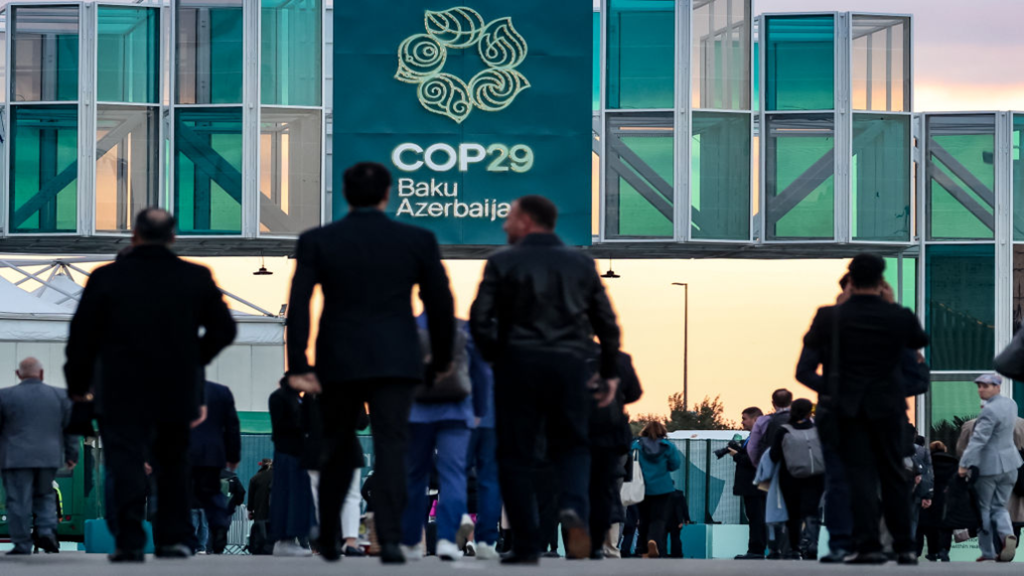India voiced strong dissatisfaction with the reluctance of developed countries to engage meaningfully on climate finance and the Mitigation Work Programme (MWP) at the closing plenary of the Subsidiary Bodies at CoP29 in Baku, Azerbaijan.
India Expresses Dissatisfaction With Developed Countries
Why In News
- India voiced strong dissatisfaction with the reluctance of developed countries to engage meaningfully on climate finance and the Mitigation Work Programme (MWP) at the closing plenary of the Subsidiary Bodies at CoP29 in Baku, Azerbaijan.
- India’s intervention on November 16, 2024, highlights the deepening divide between developed and developing nations over climate commitments and financial support, as the latter face increasing climate challenges with limited resources.
All You Need To Know
- India, aligning its stance with the Like-Minded Developing Countries (LMDCs), the Arab Group, and the African Group of Negotiators (AGN), criticised the attempts by developed nations to expand the scope of the MWP beyond what was previously agreed.
- This, India argued, has hindered progress on critical agenda items, particularly those crucial for developing countries grappling with severe climate impacts.
- “We have seen no progress in matters that are critical for developing countries,” India stated.
- “Our part of the world is facing some of the worst impacts of climate change, with far lower capacity to recover or adapt to these changes, for which we bear little responsibility.”
- India also criticized the developed countries’ insistence on incorporating additional mitigation parameters from the Global Stocktake at CoP28 into the MWP, a move seen as undermining the commitments made during the Sharm el-Sheikh CoP27.
- Indian delegation stressed that the MWP was established with a clear, limited mandate to facilitate dialogue and exchange of ideas, not to impose new targets or goals that could infringe on national sovereignty or force unrealistic commitments on developing nations.
- “The outcomes of the Mitigation Work Programme are meant to be non-prescriptive, non-punitive, and facilitative,” India emphasized. “They must respect national circumstances and the voluntary nature of nationally determined contributions (NDCs), without imposing new obligations.”
- The Indian delegation further condemned attempts to transform the bottom-up approach of the Paris Agreement into a top-down directive, arguing that such efforts undermine the very principles on which the global climate framework was built.
- “This approach attempts to turn the mandate of the MWP and the principles of the Paris Agreement upside down,” India’s statement concluded, highlighting the growing frustration among developing nations at the lack of tangible progress on crucial climate issues.
- India’s strong stance at CoP29 reflects a broader sentiment among developing countries, who continue to demand greater accountability and support from developed nations in addressing the climate crisis













